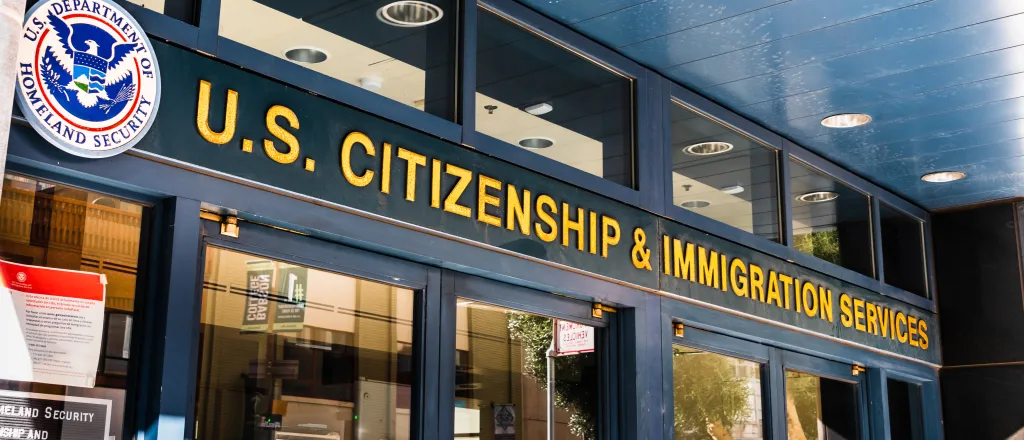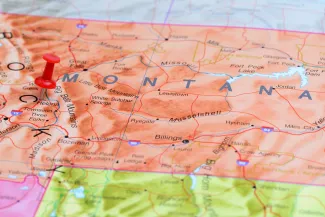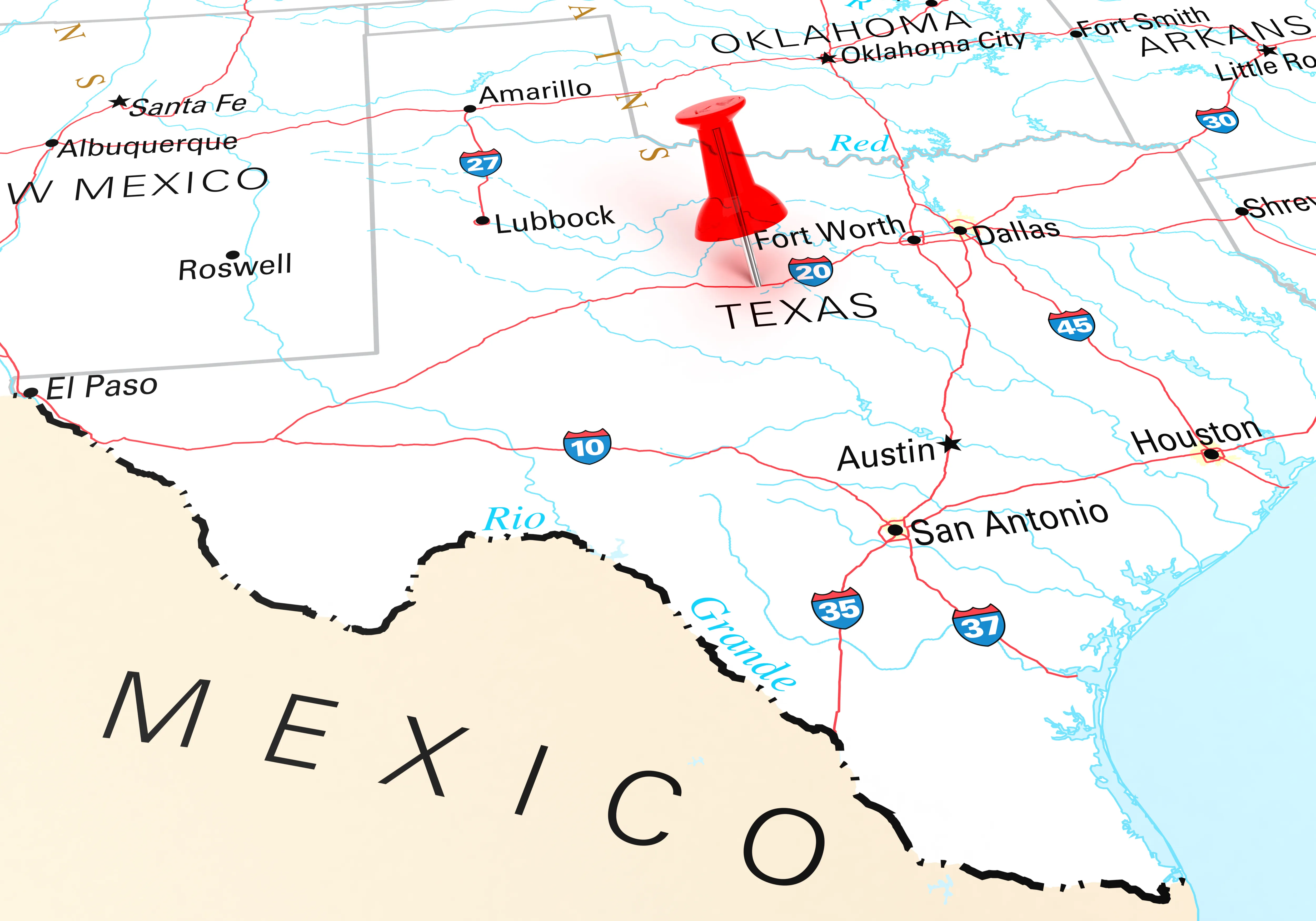
Montana immigrant advocates watch federal, state policies
© Sundry Photography - iStock-1189510256
Click play to listen to this article.
According to the Immigration Policy Tracking Project, the Trump administration has taken 130 actions on immigration so far this term. Groups in Montana are trying to both track those changes and watch state bills.
One early executive order placed a 90-day freeze on refugee arrivals to the country, halting families with flights already booked to the U.S. Another made changes to Temporary Protected Status and Humanitarian Parole, granted when a person's home country is deemed unsafe due to armed conflict, natural disaster or other emergencies.
Mary Poole, executive director of the nonprofit resettlement agency Soft Landing Missoula, said the orders could undo years of work.

"This rapid removal of humanitarian protections, that's one thing that's really scary for folks," Poole observed. "Many people came here through this new legal pathway that Biden created and it might just be deemed null and void."
Two Montana immigration bills passed the House and were brought to the Senate last week. One would require police to check and report someone's immigration status during a "lawful stop" and the other would allow the state to criminally prosecute a person in federal detention for immigration violations.
Soft Landing Missoula works with 600 refugees and immigrants from 30 different countries. Poole said
the organization has taken on new work with the change in federal administration, including immigrant rights' training.
"Immigrants have rights," Poole emphasized. "Making sure that folks are aware of what those are and how our organizations and facilities can uphold those rights, that's a really important piece of the work that we've been doing."
According to the Immigrant Legal Resource Center, if immigration officials come to a person's home, they do not need to answer a knock without a warrant signed by a judge, containing the person's correct name and address. People approached also have the right to remain silent.
















